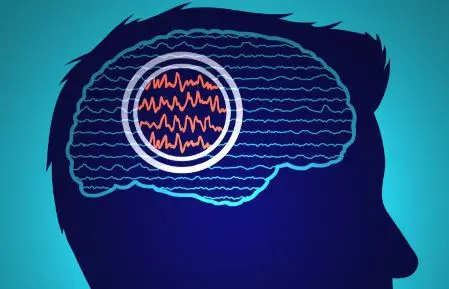Could Blood Pressure Meds Help Prevent Adult-Onset Epilepsy?
Article published by Stanford Medicine
A class of blood pressure medications, called angiotensin receptor blockers (ARBs), appear to help lower seniors’ risk of developing epilepsy, a new study finds. More than 1% of people older than 65 develop recurring seizures. Stroke is the most common risk factor for developing epilepsy as a senior and about 10% of stroke survivors develop seizures within five years. Hardened arteries and chronic high blood pressure also increase epilepsy risk, whether or not a person has had a stroke. ARB drugs block receptors for angiotensin II, a protein that causes blood vessels to narrow, which increases blood pressure. The drugs also decrease inflammation in blood vessels and other organs, including the brain. For the study, researchers analyzed data on 2.2 million adults diagnosed with high blood pressure who had been prescribed at least one blood pressure medication. None of the people had epilepsy at the start of the study. About 14% of the people taking a blood pressure medication had been prescribed an ARB. Overall, people taking ARBs had a 20% to 30% lower risk of developing epilepsy compared with people taking other blood pressure medications. This held true even when people with strokes were removed from the analysis, researchers noted. That suggests that the lower rates of epilepsy were not because the ARBs reduced people’s risk of stroke. “This could be a new chapter in the story of preventive medicine,” said senior researcher Dr. Kimford Meador, a professor of neurology at Stanford University School of Medicine. “There are so many people with stroke or high blood pressure; knowing that this class of drug not only lowers blood pressure but also helps lower their epilepsy risk could change how we treat them.”







